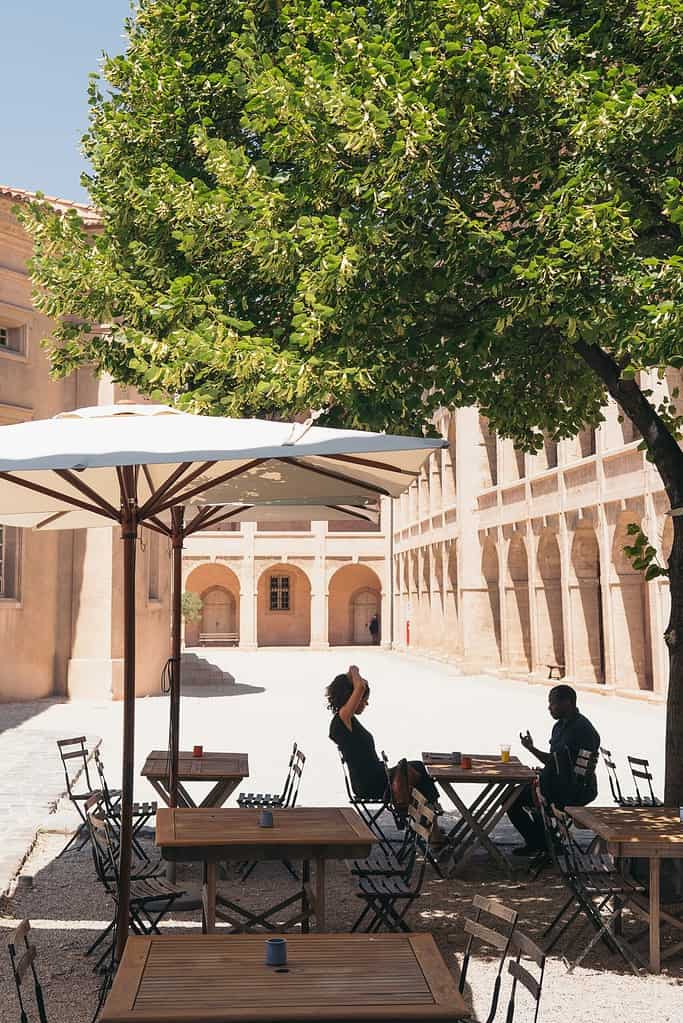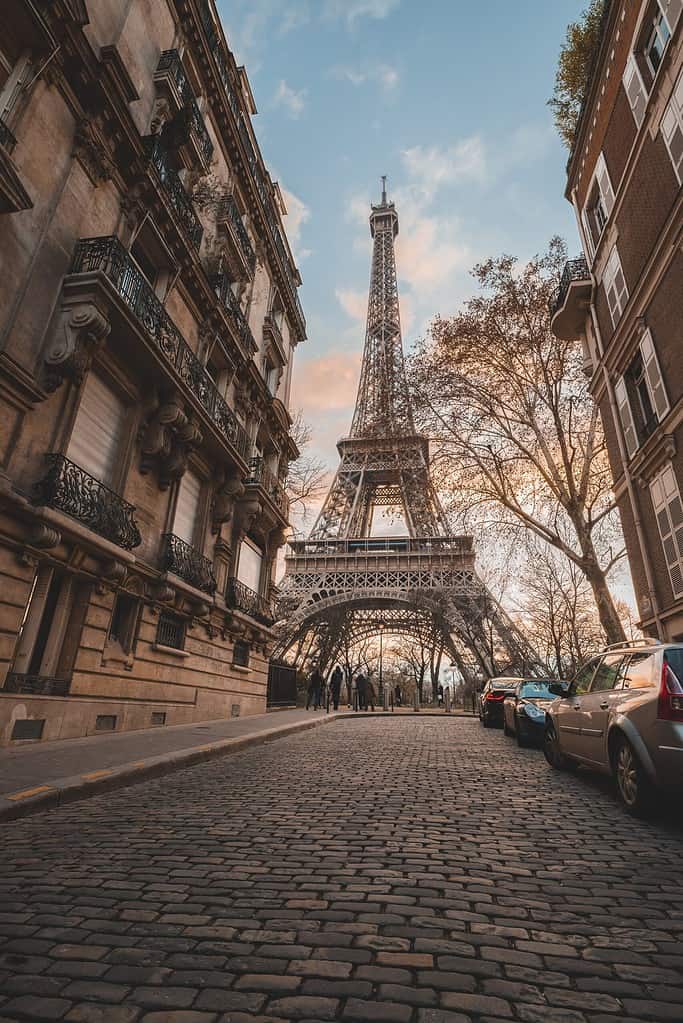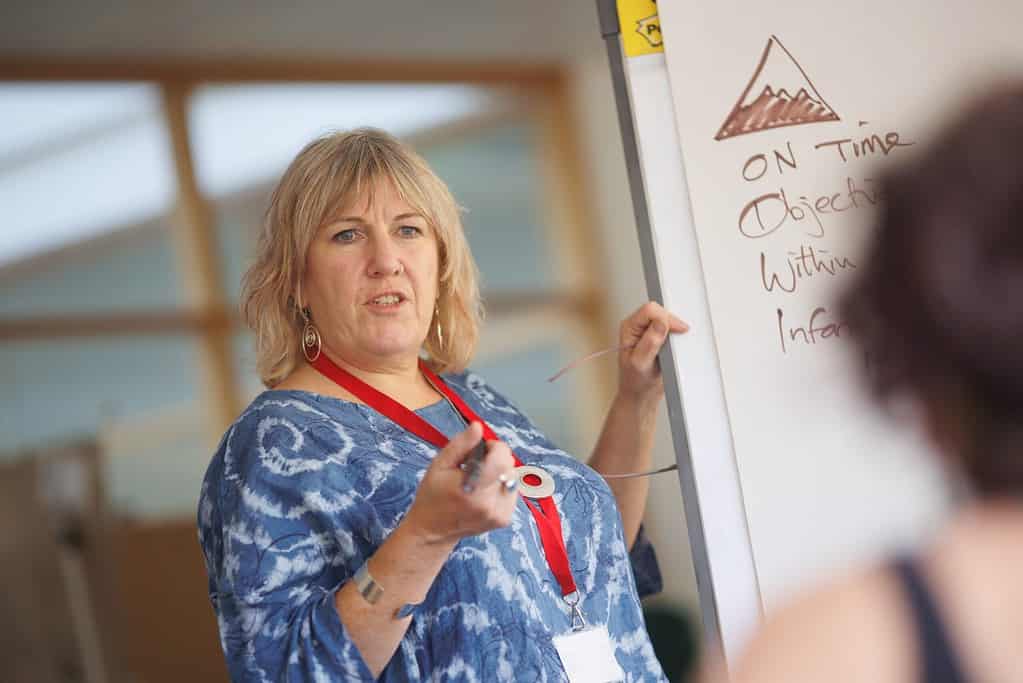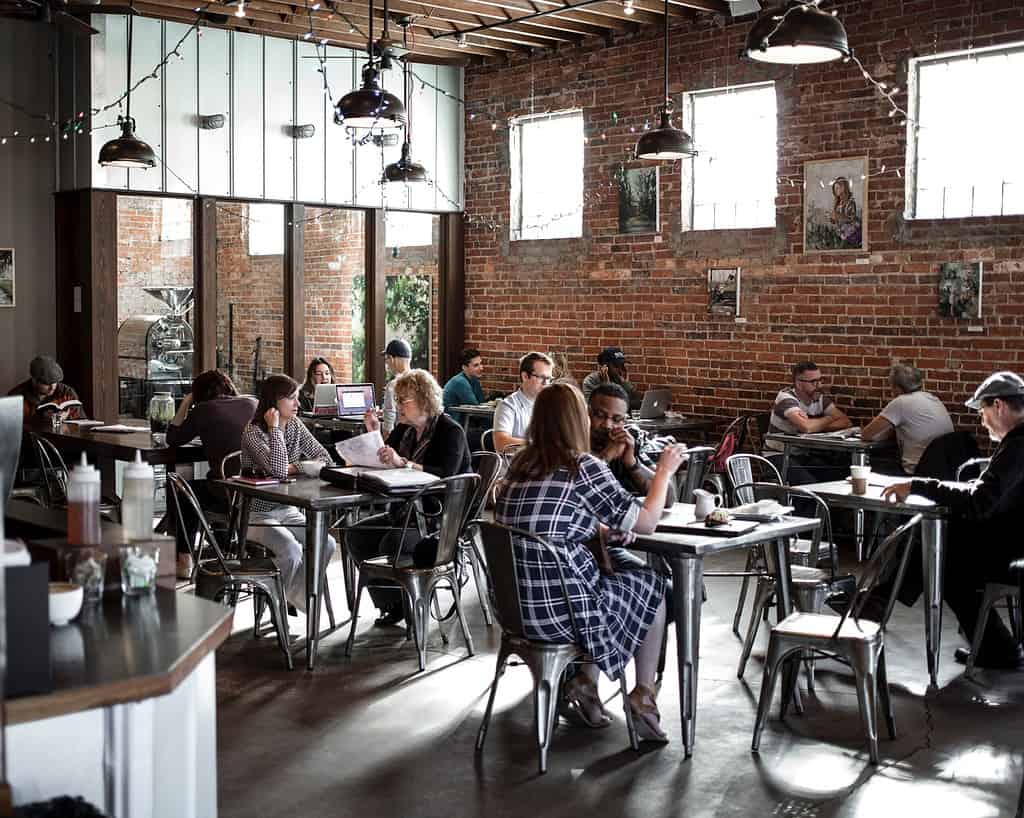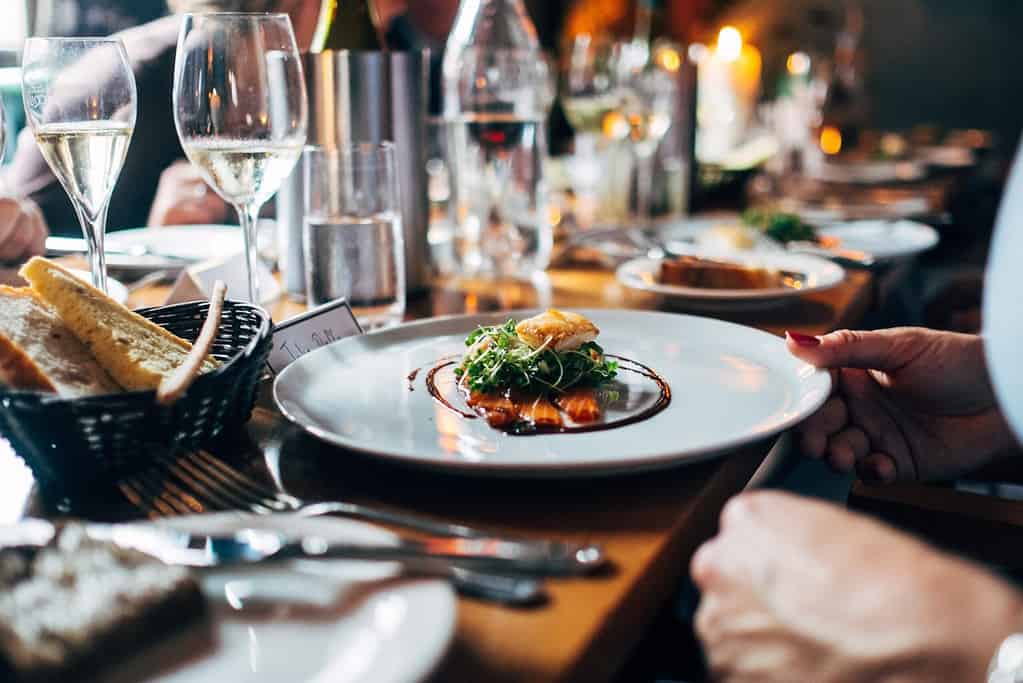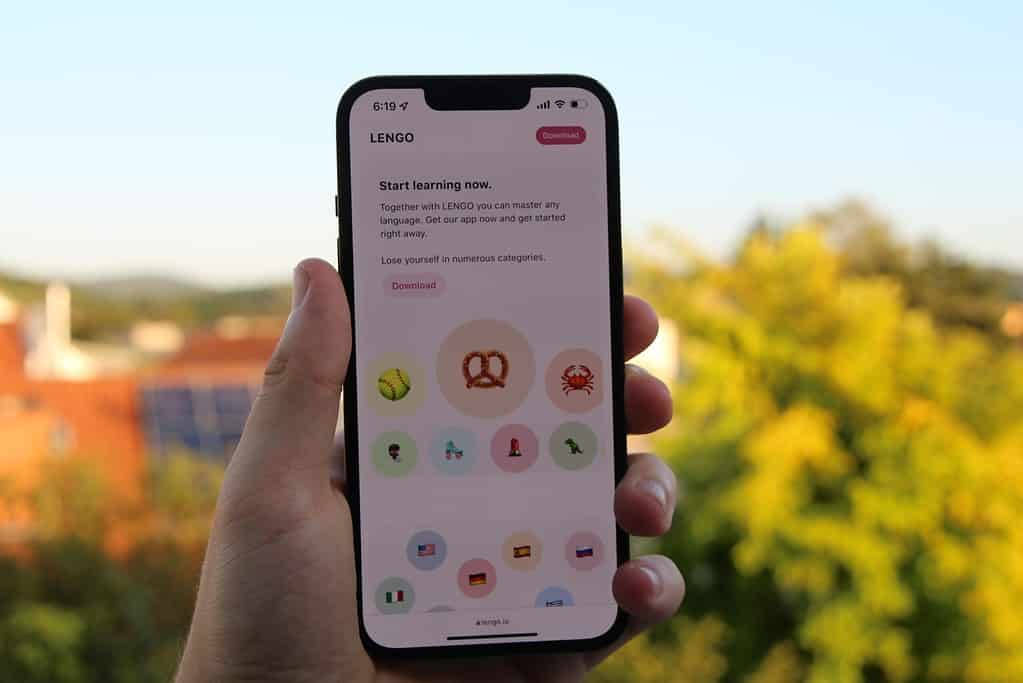Have you ever thought that your eco-friendly habits could pave the way to mastering French? It might sound unconventional, but engaging in environmental conservation opens up a whole new world of vocabulary and cultural insights that are integral to learning French. From discussing recycling habits to exploring France’s bold environmental policies, each conversation becomes an opportunity to improve your spoken French while connecting with nature. This article shows you how protecting the environment can also nurture your language skills. Check out the vibrant community at swaplang to connect with native speakers and boost your fluency.
Leveraging Environmental Conservation to Learn French
Imagine combining your passion for preserving nature with your desire to speak French confidently. Environmental conservation offers a rich, contextual backdrop for learning French because it brings together real-life discussions on topics as diverse as recycling, sustainable energy, and urban planning. As you participate in local projects or simply savor French documentaries on green initiatives, you naturally encounter specific vocabulary and nuanced expressions unique to the world of ecology. Conversations might start with phrases like “protéger l’environnement” (to protect the environment) and expand into more technical discussions regarding France’s progressive policies. For example, learning about recycling regulations and sustainability projects connects you with topics covered in resources like this comprehensive French environment vocabulary guide from Lingoda. This is not only educational, but it also makes for engaging, topic-rich dialogues that can dramatically improve your conversational skills.
Essential French Vocabulary for Ecology and Conservation
One of the most rewarding aspects of learning French through the lens of environmental conservation is acquiring a specialized vocabulary list. Terms like “développement durable” (sustainable development), “biodiversité” (biodiversity), and “énergies renouvelables” (renewable energy) aren’t just words—they are keys to understanding discussions about the planet’s future. As you expand your lexicon, you’ll notice that many French terms related to ecology are borrowed directly from scientific discourse and everyday usage in French communities. Beyond the basics, exploring terms that emerge in legislation such as the Anti-Waste and Circular Economy Law provides insight into how France champions sustainability through policy. The intricate relationship between language and environment helps you appreciate linguistics on a deeper level and naturally boosts your speaking confidence when conversing about urgent ecological issues.
Understanding French Environmental Policies
France leads several innovative environmental initiatives, and understanding these policies is a unique way to engage with both modern French culture and its language. For instance, the legislative framework underscored by the Grenelle Environnement debates and the France National Renewable Energy Action Plan is pivotal when discussing energy reforms and conservation measures. These policies have influenced public conversations and media, making them rich subjects for language learners. When you read articles or watch French news segments on these topics, you get exposed to formal, technical language combined with everyday expressions. This dual exposure helps you navigate between different registers of French—from academic discussions to casual chats at local community centers. Delving into these details not only sharpens your vocabulary but also challenges you to articulate complex ideas in a second language, an essential skill for any dedicated French learner.

Participating in French Conservation Efforts
If you’re looking for a hands-on approach to both improving your French and making a tangible difference, consider getting involved in conservation efforts where French is the primary language of communication. Whether it’s joining local environmental groups or engaging with online communities that organize eco-activities, every interaction is a chance to practice your French in a real and meaningful context. Volunteering for tree-planting initiatives or participating in waste-recycling programs can inspire conversations loaded with specialized language and idiomatic expressions. Plus, speaking with native conservationists naturally introduces you to varied accents and regional phrasing. These scenarios offer the perfect practice ground to experiment with phrases and cultural idioms, similar to the engaging narratives found in articles like the creative virtual travel experiences with French language practice that immerse learners in authentic settings while building fluency.
Personal Experiences: Practicing French via Environmental Activities
There is something truly empowering about seeing your language skills bloom as you contribute to a greater environmental cause. Whether you’re an urban dweller participating in community gardens or a nature enthusiast involved in remote conservation projects, the practical use of French in real-world contexts is immensely rewarding. Personally, I started by discussing local recycling programs in French with native speakers, and those conversations gradually evolved into deep dialogues about France’s green policies and sustainable solutions. Such personal experiences not only sharpened my vocabulary but also instilled a lasting passion for cultural exchange. These experiences are much like the immersive journeys described in explorations of French culture through photography—they capture authentic moments that enhance both your language skills and your worldview.
Environmental conservation is a multifaceted and enriching avenue to practice and master French. If you’re looking to combine impactful volunteer work with an innovative language learning approach, incorporating these immersive methods into your study routine can be a game-changer. Ready to embark on your language adventure while making a real-world impact? Sign up for a free session at swaplang today and start connecting with native speakers who share your passion for both French and the environment.




